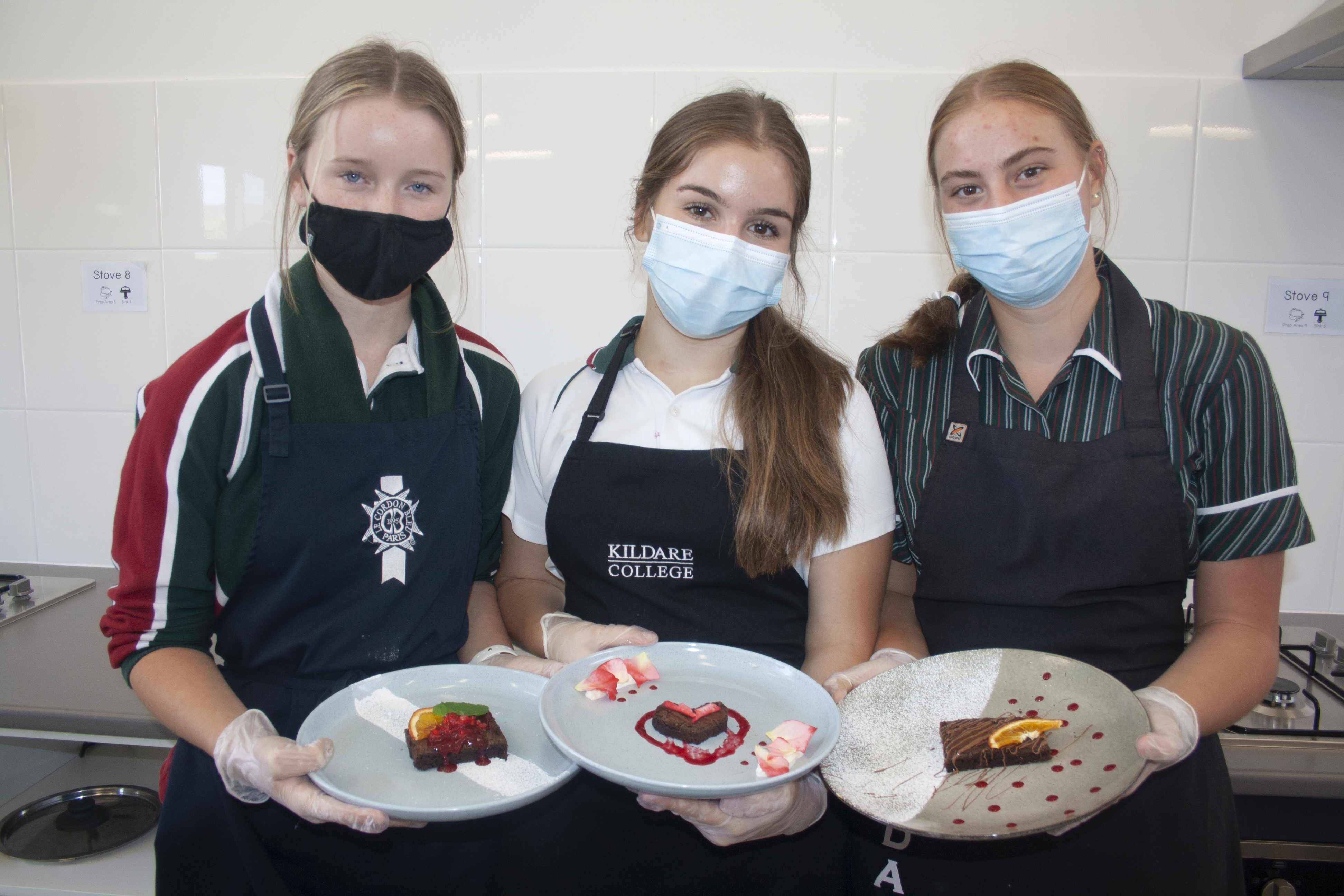When students are experiencing balance across each aspect of their life they are more likely to experience feelings of happiness and accomplishment.
Sometimes, balancing school work, family, friends, sports, dance and other outside of school activities and jobs can be challenging, leaving us feeling out of balance.
Signs of feeling out of balance can include:
- Waking up feeling tired
- Finding it challenging to get to sleep and stay asleep
- Feeling unwell
- Not enjoying school or other activities such as sport
- Increasing feelings of anxiety
- Feeling unmotivated
Finding balance can look different for each individual, and can depend on how comfortable students feel in each aspect of their life. Incorporating a nutritious diet, regular sleep cycles and exercise habits can help students to reclaim healthy balance withing their lives.
- A diet that includes protein, fat, complex carbohydrates and fibre can:enhance cognitive skills, such as concentration and motivation, and improve academic performance.
- Students require 8-10 hours of sleep each night to allow their bodies and brains to refuel, rest and repair in preparation for the following day.
- When students have enough sleep they are likely to show positive mental health and mood, while being more engaged with their learning and daily interactions.
- Regular exercise can also support students with their mental health and can help to decrease levels of stress, anxiety and panic disorders and depression.
- Students are encouraged to engage in a minimum of 30 minutes of physical activity 4 days a week.
- It is also important that students take a break from their commitments to connect with their family and friends. Interactions with other people can also support students to organise their thoughts, develop emotional intelligence and reflect on their life.
- Taking social breaks away from study and devices can also help to increase energy, productivity and the ability to focus, as well as helping students to feel more refreshed.
Tips to keep a balanced study life:
- Keep your time organised and planned. This could include keeping a diary or a weekly planner, or a to-do list. Schedule in time for breaks to socialise and spend time with family.
- Prioritise tasks and complete the urgent ones first.
- Don’t rely on others to set priorities for you. If you can identify what is important or due next you can develop responsibility and self-motivation for success.
- Allow yourself time to have purposeful breaks. If you are not able to stay focused on what you are doing, it is time to put it away and look at it again at a later time.
- Connect and check in regularly with a positive support network.
Recognising when you need a break is important in regulating our feelings and maintaining productivity and feelings of accomplishment.
Emma Ward
Senior Years Coordinators

